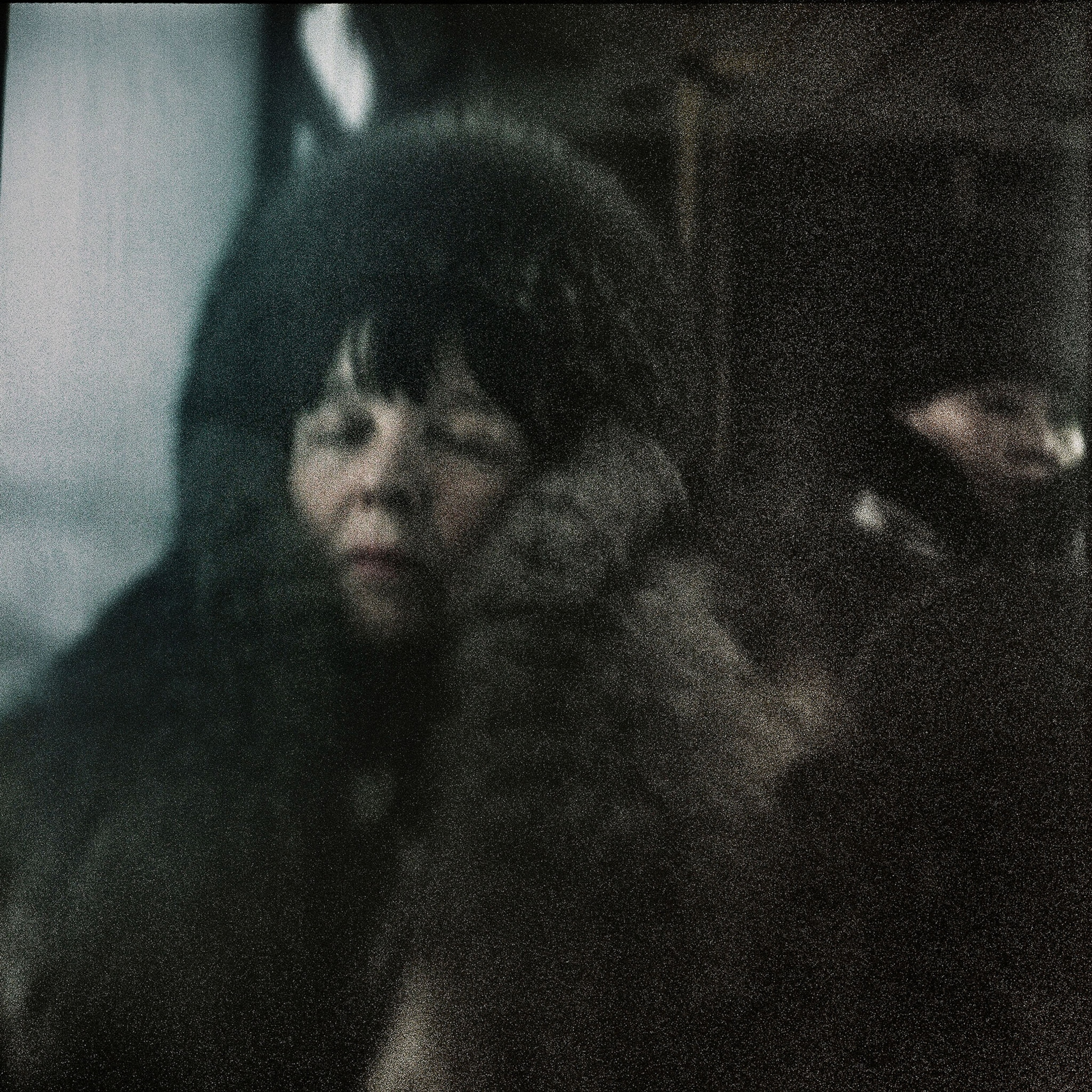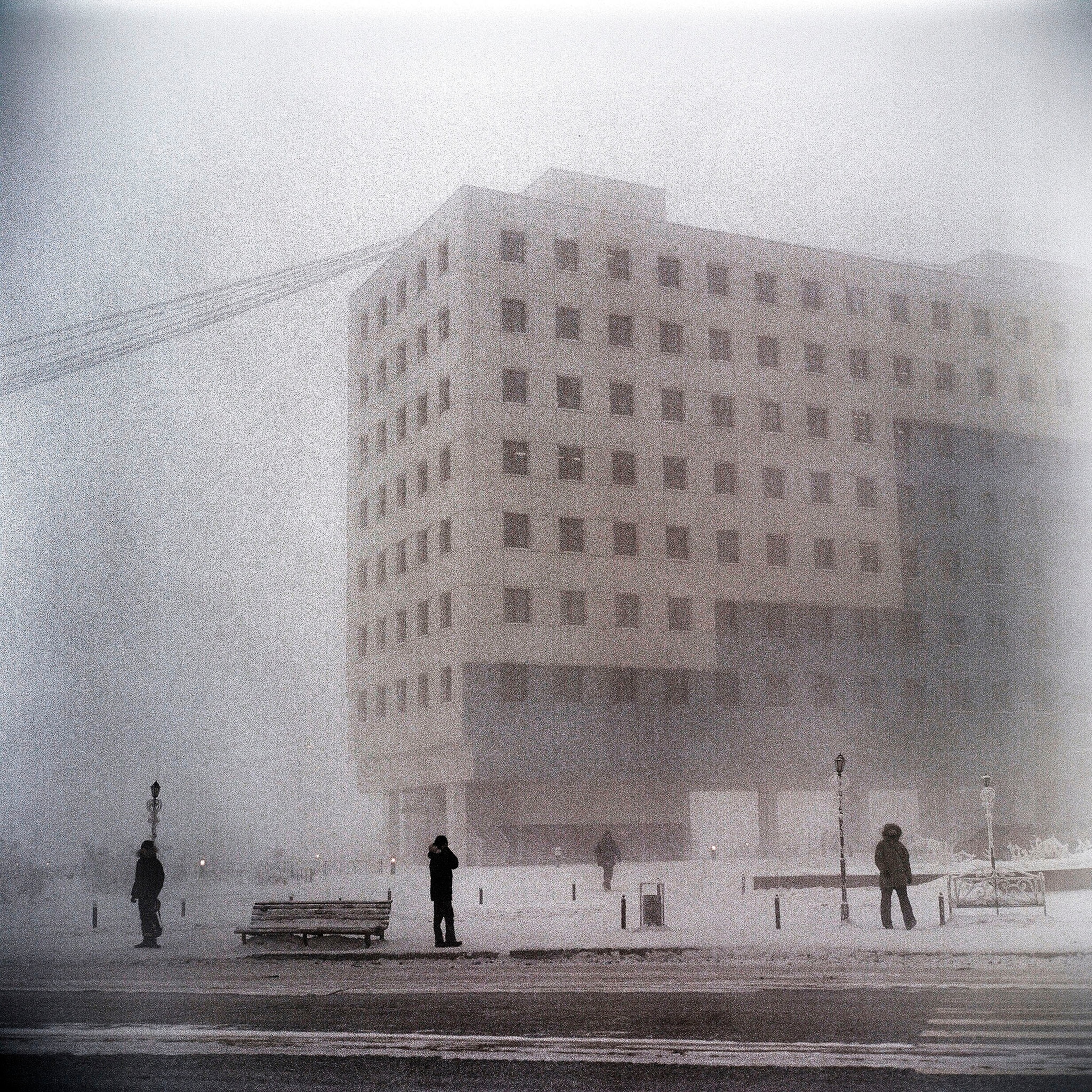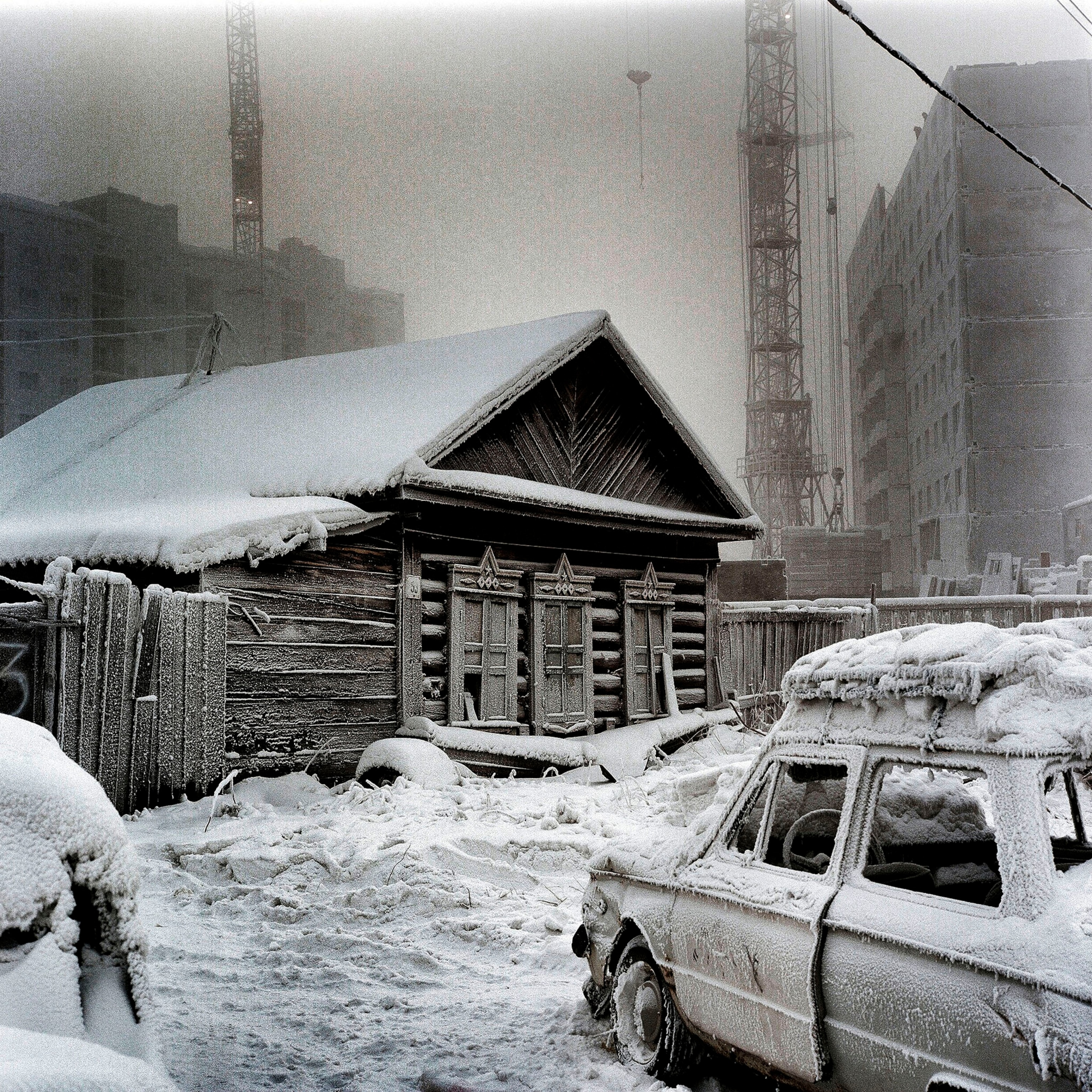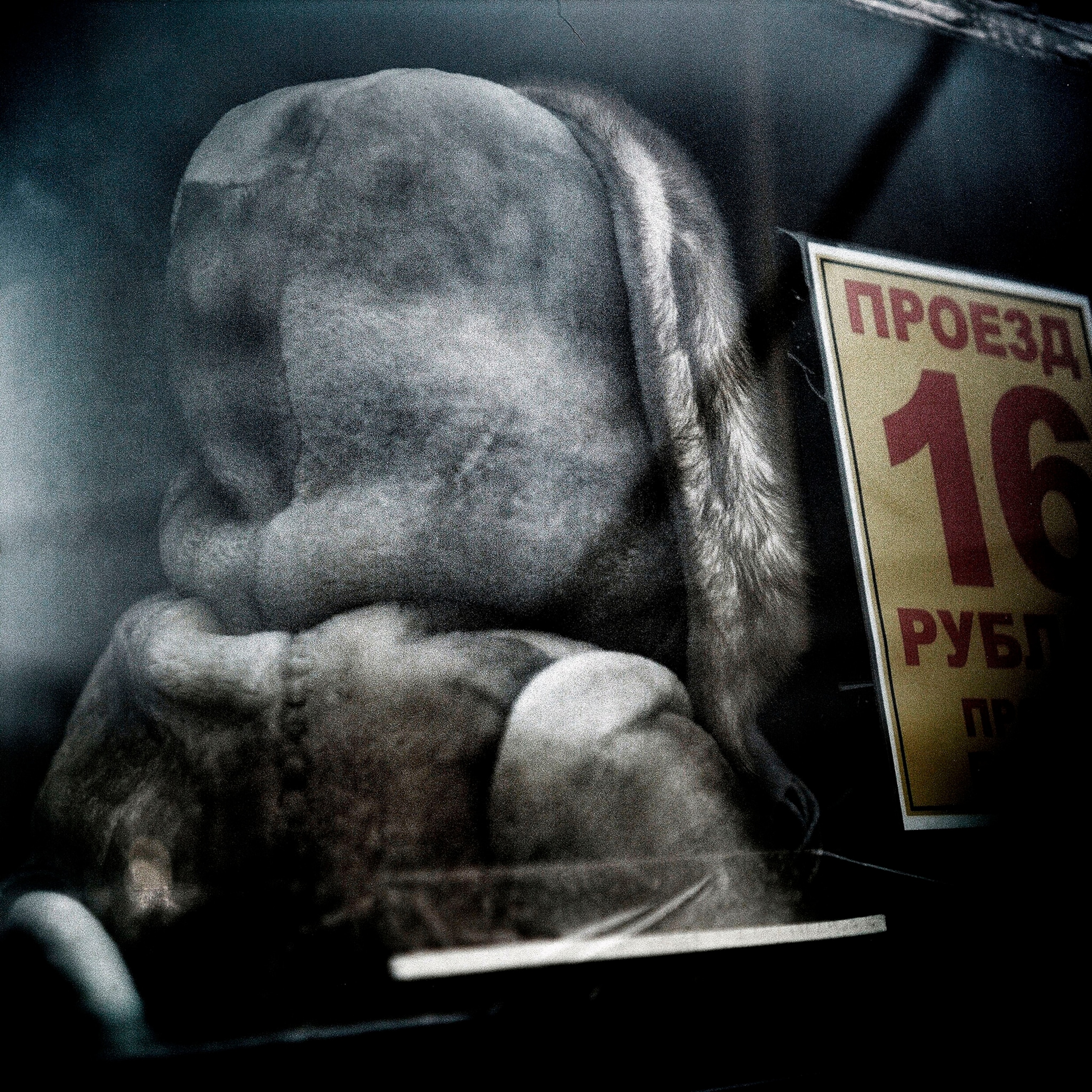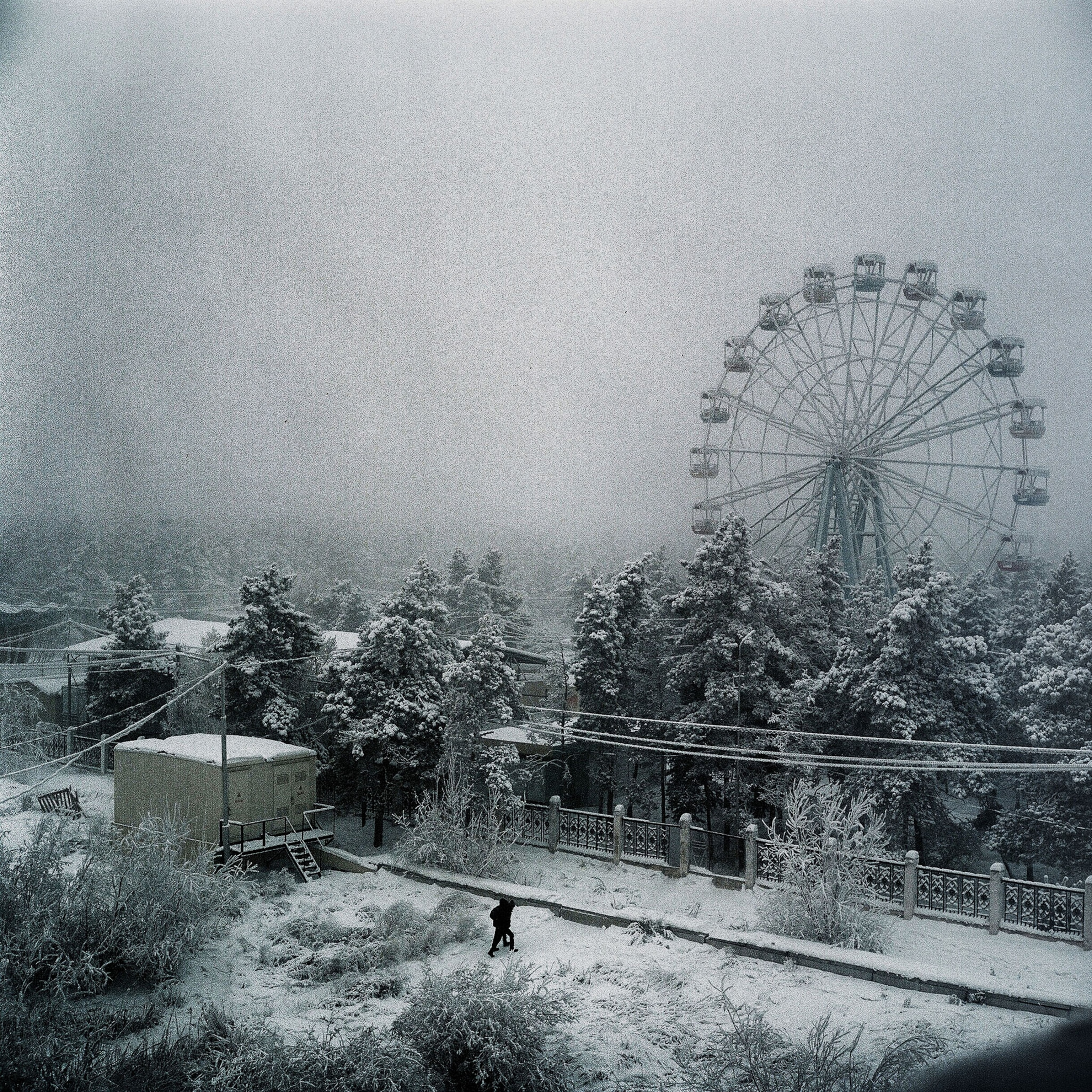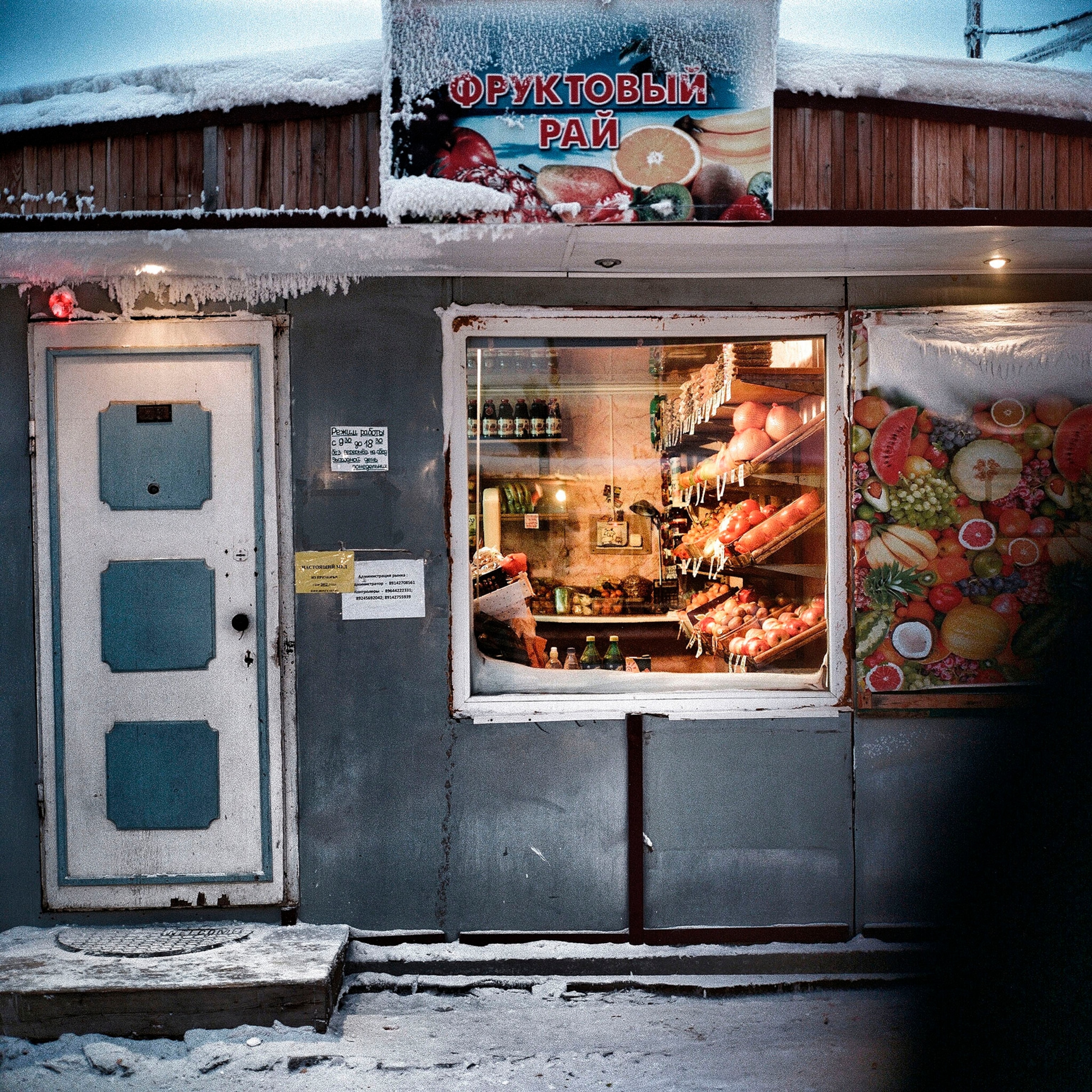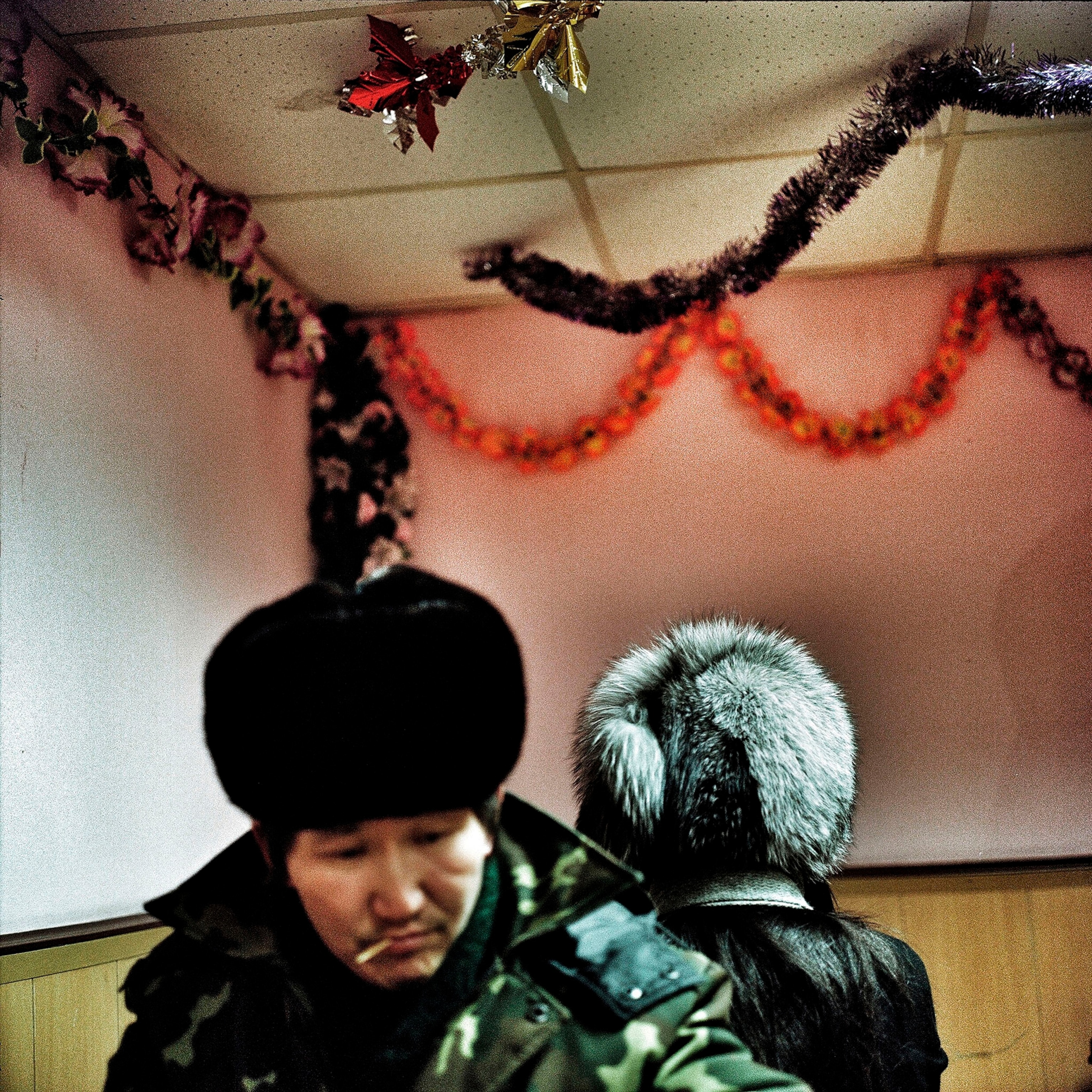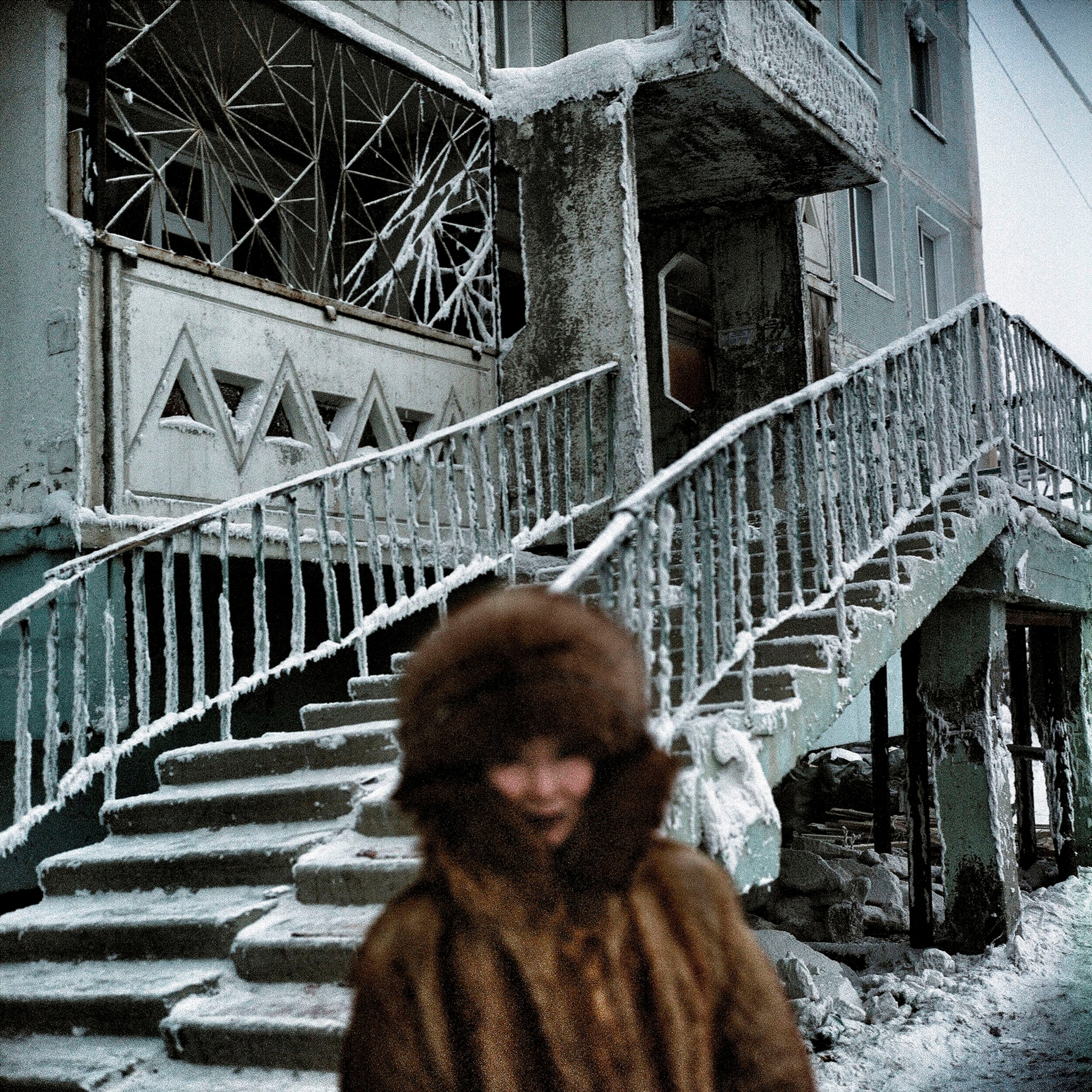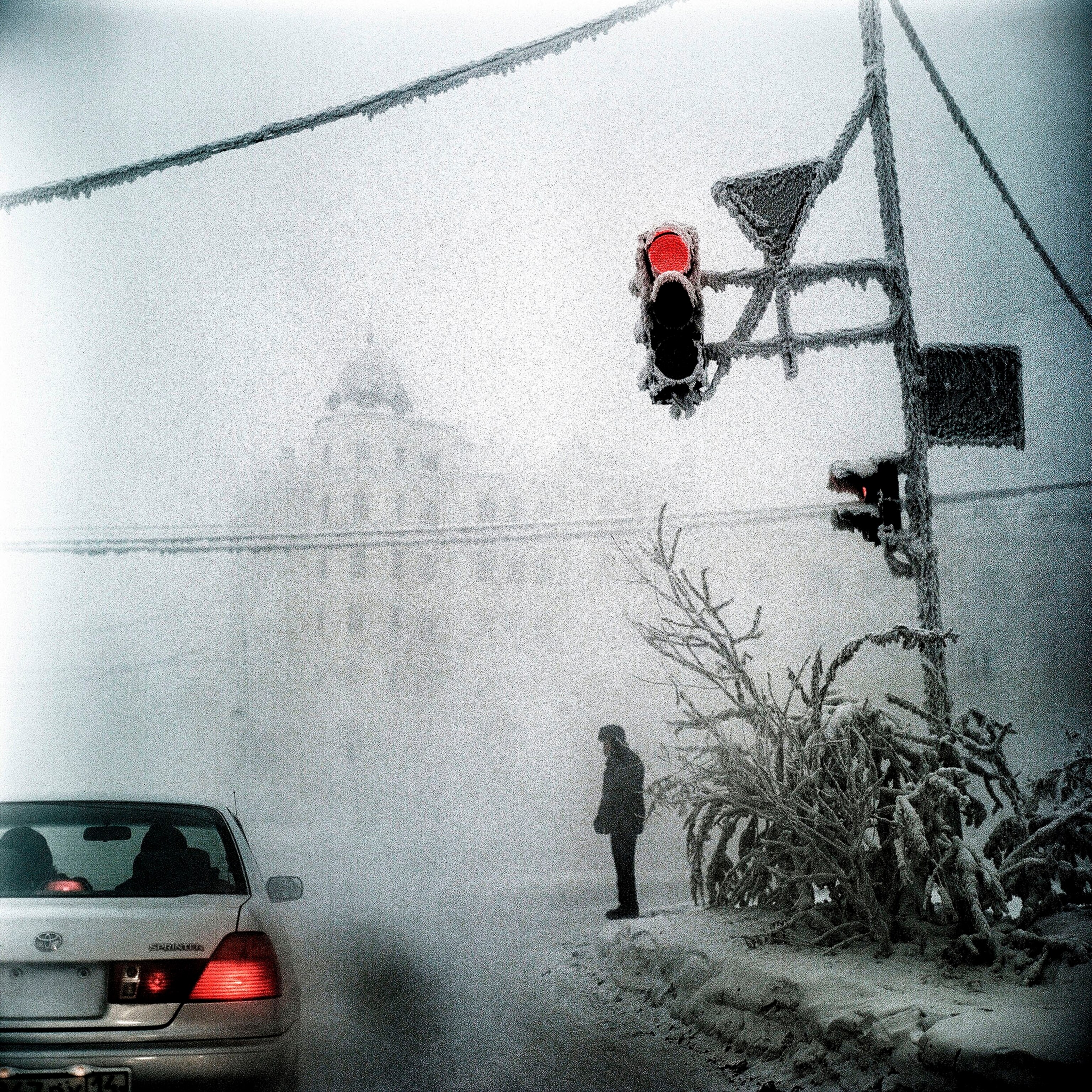
Shrouded in Ice and Fog, This City Is the Coldest in the World
With temperatures hovering around -40°F in the winter months, life in Yakutsk, Siberia, is dictated by the cold.
With temperatures that hover around the -40° Fahrenheit mark for at least three months of the year, Yakutsk in eastern Siberia claims the title of coldest city in the world. Sure, other places have recorded more frigid weather, such as the 500-person settlement of Oymyakon, 575 miles to the east, which recently suffered a -88° cold spell, or Antarctica, where the average temperature in winter is -76, but neither boast a fully functioning city like Yakutsk, home to over 280,000 people. Since the soil is permanently frozen, most buildings are raised on stilts. Those that aren’t are slowly sinking because the heat generated inside the buildings is melting the permafrost.
Still, the region’s underground riches make up for the challenges posed by the weather. Local mines account for about a fifth of the world’s production of diamonds, while other sites hold natural gas, oil, gold, silver, and other sought-after minerals.
In 2013 Steeve Iuncker, who grew up in the Swiss Alps (averaging 25° Fahrenheit from December to the end of February) decided to witness firsthand how such glacial temperatures affect the body, the soul, and social life. Upon landing, he recalls, the daughter of his host, who came to pick him up from the airport, scanned him from head to toe. Hat? Check. Gloves? Check. Scarf? Check. Boots? Check.
“Who knew that just stepping outside to grab a cab required such caution?” he recalls. In Yakutsk, every outing is carefully planned. No unnecessary detours. No meanderings or window-shopping. “Here the cold dictates everything,” he adds. “Or rather, it’s the way your body reacts to the cold that defines your actions.”
Case in point: Iuncker noticed that locals tended to visit one another a lot, but for only a few minutes: “They would come in, take off their first layer, drink hot tea, and have a toast with jam before bundling up again and stepping outside. It was as if their neighbors’ abodes served as relay points along their journey.” Like them, Iuncker had to adapt his working habits to the elements. His camera, a twin-lens Rolleiflex, afforded him only 15-minute shooting periods. After that the winding mechanism would freeze, and the film risked cracking. Which was just as well; by then his fingers were numb.
Since no one stays outside long, human presence is illusive in his photographs. Yakuts, clad in fur, appear like mythic explorers amid an icy, glassy landscape, rendered even more spectral by the thick fog that clings to the city and shrouds most landmarks. But, however otherworldy it may look, don’t be fooled, warns Iuncker. This is no winter wonderland but rather treacherous grounds. “It’s easy to get lost when you can’t see 10 meters ahead of you and when each street resembles the next.” And that’s exactly the last thing you want when you risk constant frostbite.
Iuncker’s exploration of Yakutsk is part of a larger project for which he’s visiting a “record city” every year for 10 days on the same budget. So far he’s also been to Tokyo, Japan (the most populous) and Ahwaz, Iran (the most polluted). This serves as an exercise to see how he responds to such environments. Does he stay in the hotel room? How much time does he spend outside? And how does that affect his practice? And in the process he’s confirming that “Yes, people in Siberia feel the cold just like we do; they’re just better prepared.”

